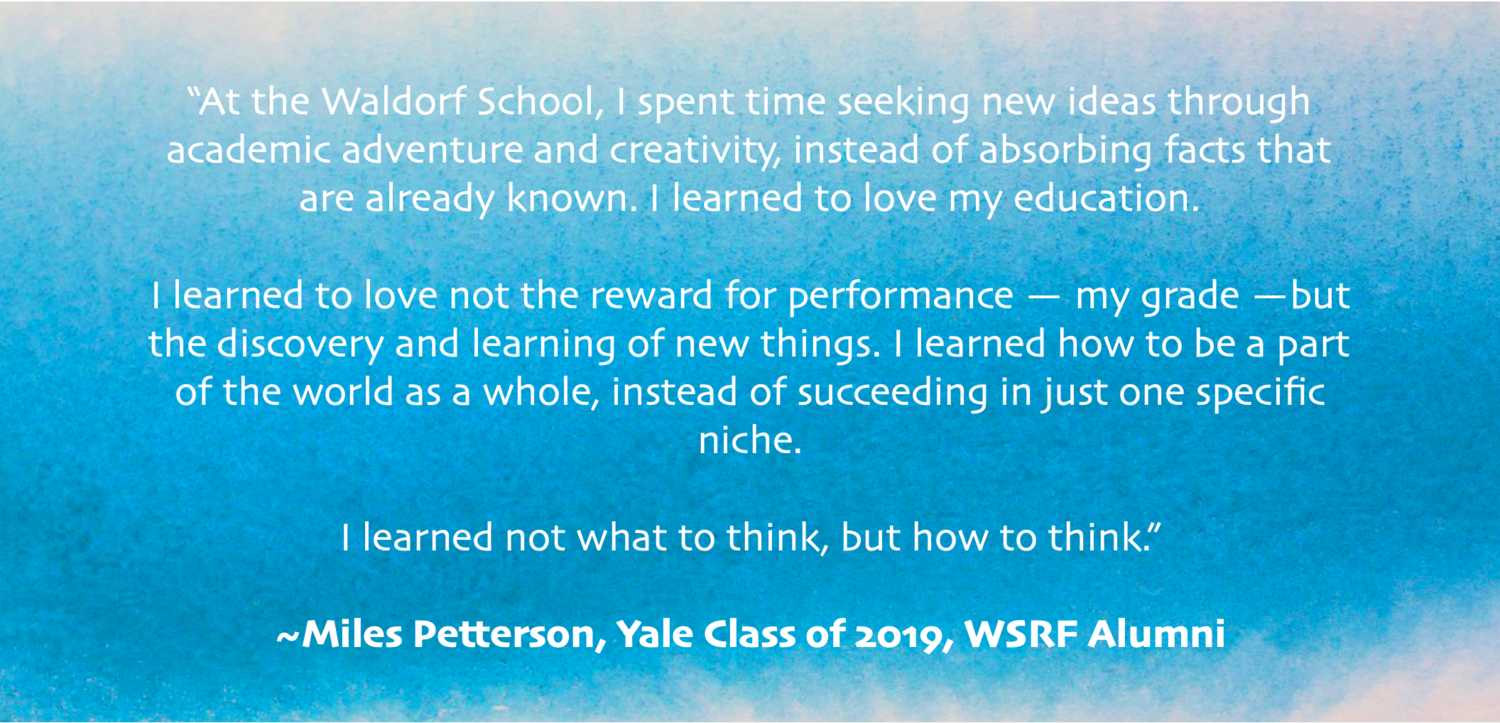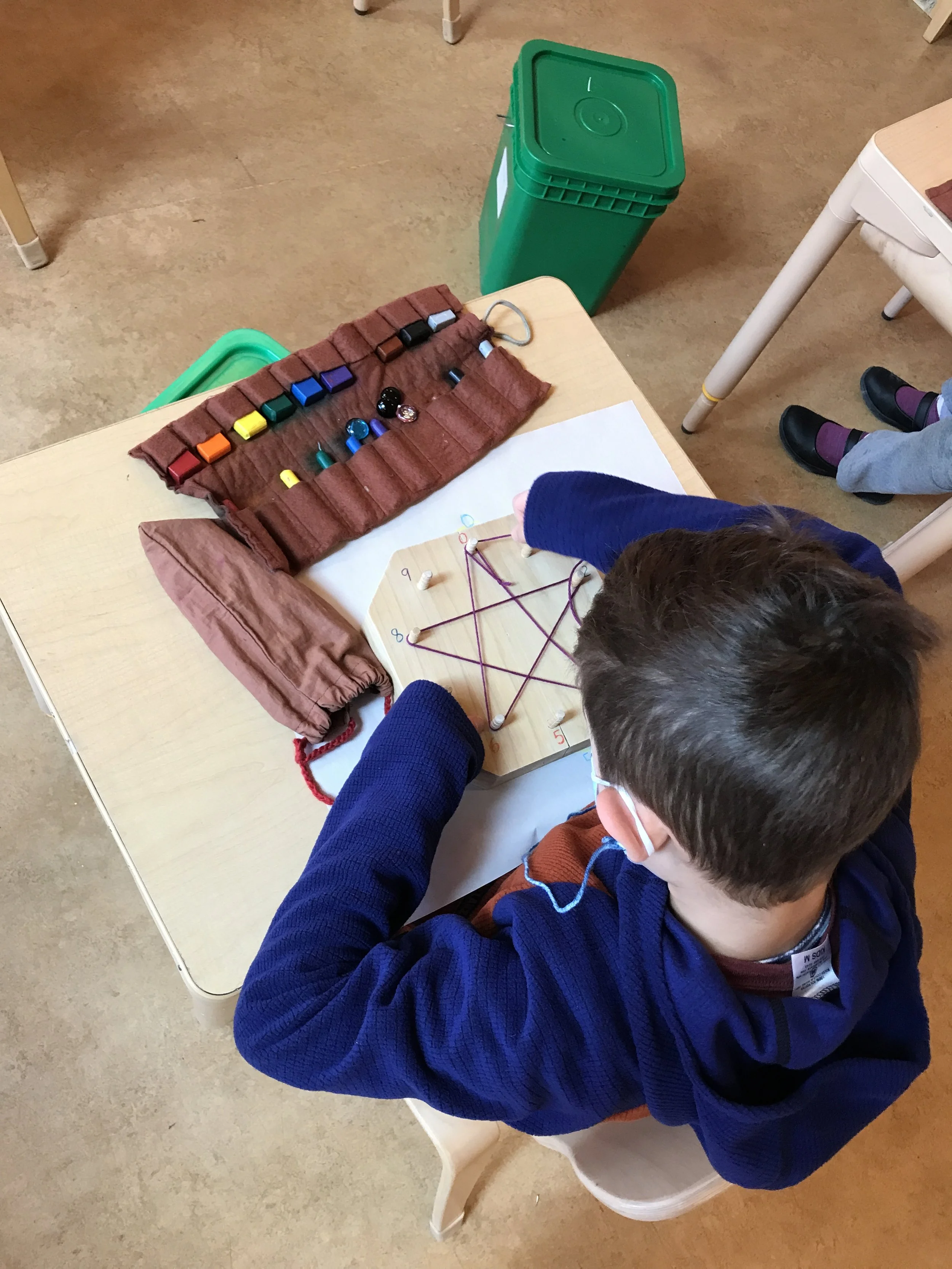In the Media: The Role of AQ for Longterm Success
There was a time when IQ (Intelligent Quotient), which measures memory, analytical thinking and mathematical ability was thought to be the most important marker for predicting career success.
Today, heightened attention has been brought to EQ (emotional intelligence), characterized as a set of interpersonal, self-regulation and communication skills. According to an article from BBC, “EQ is now widely seen as a tool kit that plays an important role in helping us succeed in multiple aspects of life.”
But what if a different quotient, one that considers our ability to adapt and solve problems is what will be most influential in our students long-term success? According Natalie Fratto, a New York-based vice-president at Goldman Sachs, “IQ is the minimum you need to get a job, but AQ is how you will be successful over time.”
As noted in the full BBC article, “Fratto says AQ is not just the capacity to absorb new information, but the ability to work out what is relevant, to unlearn obsolete knowledge, overcome challenges, and to make a conscious effort to change. AQ involves flexibility, curiosity, courage, resilience and problem-solving skills too.” AQ = Adversity Quotient.
A 2019 study by IBM examined the most critical factors for workplace success and “5,670 executives globally rated behavioral skills as most critical for the workforce today, and chief among them was the “willingness to be flexible, agile and adaptable to change”. (source)
“IQ is the minimum you need to get a job, but AQ is how you will be successful over time.”
How do we strengthen the critical capacity to adapt, be flexible and adjust to change in students?
In her TED Talk (included below), Natalie Fratto points to three key ways that AQ comes to life in students and employees:
If they can picture possible versions of the future by asking “what if” questions
If they can unlearn information to challenge presumptions
If they enjoy exploration or seeking out new experiences
In Waldorf Education, our students are constantly presented with problems and ask to explore “what if?”. In fact, “I wonder…” is a common response from teachers when students ask big questions that challenge assumptions. Rather than giving them an answer, our teachers constantly strive to spark creativity, imagination and out of the box thinking in our students.
The concept of an education that goes beyond IQ to consider, how do we help our students be adaptive, resilient, critical thinkers is a long standing principle that has made us different in the past and now, places us on the cutting edge of what students need to succeed in a rapidly evolving world.
We follow an approach to science that mirrors the real world by starting with the question, “what do you notice?” in order to strengthen capacities for observation, critical thinking and problem solving, rather than the memorization of facts. Our curriculum is acutely focused on bringing diverse and varying perspectives and teachers actively encourage students to question assumptions, take counter perspectives and go beyond their comfort zone.
As for new experiences? From handwork to music, movement, Eurythmy or a class focused on Nature Exploration, exploration and new experiences are a fundamental element of our curriculum. We have long seen the value in opportunities for our students to step outside their comfort zone. Our goal is to nurture flexible learners which is why material is never presented in just one way. We know some students learn better orally, some visually and some by doing. But we believe all our students benefit from learning in diverse dynamic ways. The impact is alumni who are not confined by one approach and instead capable of adaption, change and growth.
As Amy Edmondson, a professor of leadership and management at Harvard Business School, says “Learning to learn is mission critical. The ability to learn, change, grow, experiment will become far more important than subject expertise.” (source)


